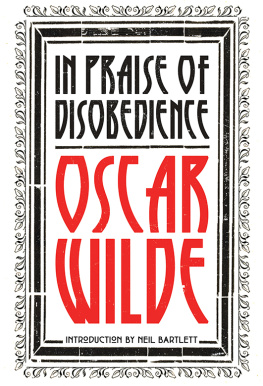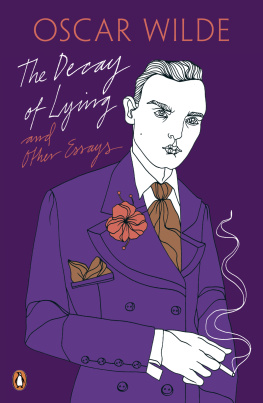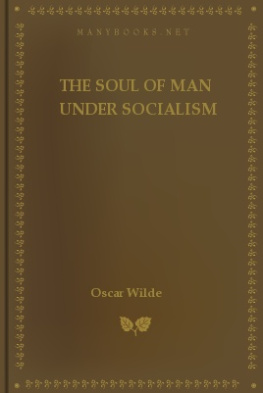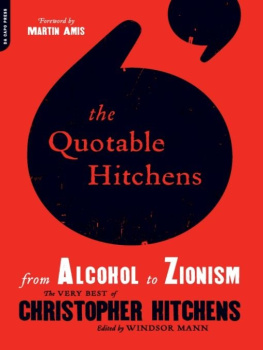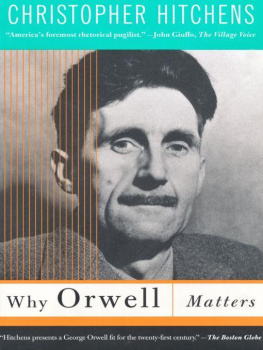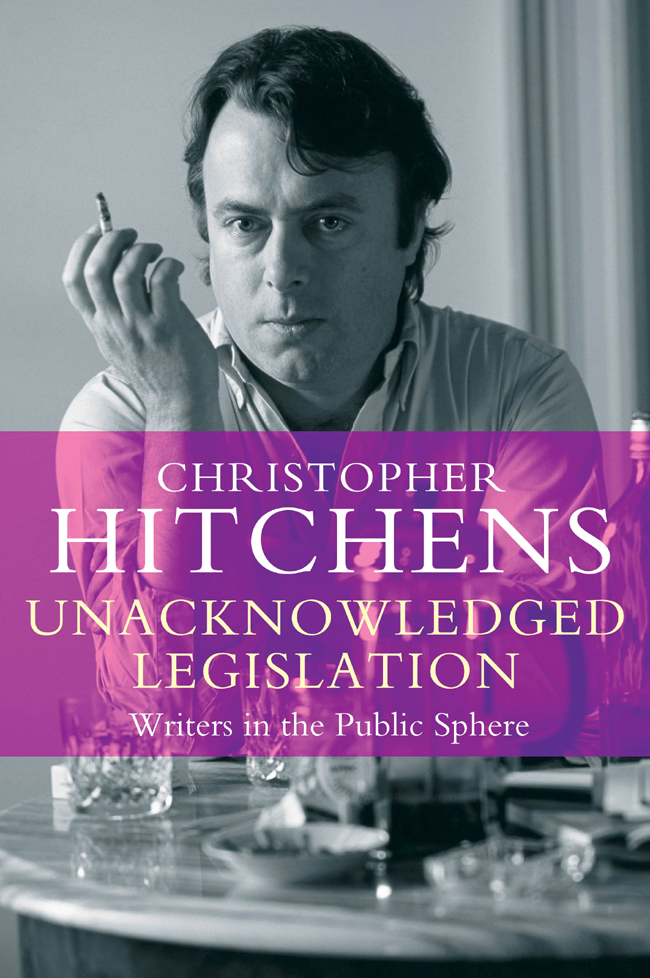UNACKNOWLEDGED LEGISLATION
ALSO BY CHRISTOPHER HITCHENS
Books
Hostage to History: Cyprus from the Ottomans to Kissinger
Blood, Class, and Empire: The Enduring Anglo-American Relationship
Imperial Spoils: The Curious Case of the Elgin Marbles
Why Orwell Matters
No One Left to Lie To: The Triangulations of William Jefferson Clinton
Letters to a Young Contrarian
The Trial of Henry Kissinger
Thomas Jefferson: Author of America
Thomas Paines Rights of Man: A Biography
god Is Not Great: How Religion Poisons Everything
The Portable Atheist
Hitch - 22: A Memoir
Mortality
Pamphlets
Karl Marx and the Paris Commune
The Monarchy: A Critique of Britains Favorite Fetish
The Missionary Position: Mother Teresa in Theory and Practice
A Long Short War: The Liberation of Iraq
The Enemy
Essays
Prepared for the Worst: Essays and Minority Reports
For the Sake of Argument
Unacknowledged Legislation: Writers in the Public Sphere
Love, Poverty, and War: Journeys and Essays
Arguably
Collaborations
James Callaghan: The Road to Number Ten (with Peter Kellner)
Blaming the Victims (edited with Edward Said)
When the Borders Bleed: The Struggle of the Kurds
(photographs by Ed Kash)
International Territory: The United Nations
(photographs by Adam Bartos)
Vanity Fairs Hollywood (with Graydon Carter and David Friend)


First published in 2000
by Verso
This edition published in Great Britain in 2014 by Atlantic Books, an imprint of Atlantic Books Ltd.
Copyright Christopher Hitchens, 2000
The moral right of Christopher Hitchens to be identified as the author of this work has been asserted by him in accordance with the Copyright, Designs and Patents Act of 1988.
All rights reserved. No part of this publication may be reproduced, stored in a retrieval system or transmitted in any form or by any means, electronic, mechanical, photocopying, recording or otherwise, without the prior permission of both the copyright owner and the above publisher of this book.
10 9 8 7 6 5 4 3 2 1
A CIP catalogue record for this book is available from the British Library.
Paperback ISBN: 978 1 78239 468 6
E-book ISBN: 978 1 78239 498 3
Printed in Great Britain
Atlantic Books
An Imprint of Atlantic Books Ltd
Ormond House
2627 Boswell Street
London
WC1N 3JZ
www.atlantic-books.co.uk
For Salman. As ever.
Allons travailler.
(Closing words of Emile Zola in LOeuvre)
CONTENTS
FOREWORD
WRITING IN RESPONSE to Thomas Love Peacock, who had said that a poet in our time is a semi-barbarian in a civilised community, Percy Bysshe Shelley proclaimed in 1821 that:
Poets are the hierophants of an unapprehended inspiration; the mirrors of the gigantic shadows which futurity casts upon the present; the words which express what they understand not; the trumpets which sing to battle, and feel not what they inspire; the influence which is moved not, but moves. Poets are the unacknowledged legislators of the world. [Italics mine.]
The fate of his polemic In Defence of Poetry (which is customarily pared down to comprise only the last sentence of the above paragraph) is not untypical of the fate of radical freelance work in all ages. The magazine to which it was sent, and which had printed Peacocks original remarks, ceased publication almost as soon as the riposte had been composed. Shelley then hoped to publish it in the pages of The Liberal, a periodical launched by Byron and Leigh Hunt. But The Liberal, too, expired in the grand tradition of noble-minded and penurious reviews. Shelley died long before his essay saw print. His widow, Mary Wollstonecraft Shelley, got it into publication eighteen years after his decease, omitting several of the references to Peacock. Thus, we owe our too-easy familiarity with an attenuated aperu to the belated efforts of the author of Frankenstein, who was also the daughter of the authors of Political Justice and A Vindication of the Rights of Women.
Frankensteins unhappy creation allows me an easy transition to the following, which was written by W. H. Auden in August 1968. (August1968, following Audens fondness for numinous dates like 1 September 1939, is also the title of the poem):
The Ogre does what ogres can,
Deeds quite impossible for man,
But one prize is beyond his reach,
The Ogre cannot master Speech.
About a subjugated plain,
Among its desperate and slain,
The Ogre stalks with hands on hips
While drivel gushes from his lips.
This was penned in hot and immediate response, from just across the Austrian frontier, to the Soviet erasure of culture and democracy in Czechoslovakia in that very month. I happened to be in Havana at the time and on my way to Prague, and was very much struck without registering it anything like so acutely by the awful rhetoric and terminology employed by defenders of the Warsaw Pact invasion. The hideous term normalisation, a sort of apotheosis of the langue du bois, was the name given to the subsequent restoration of order.
Twenty-one years later, the mighty occupation-regime installed by the full weight of Panzerkommunismus (Ernst Fischers caustic word for it) collapsed amid laughter and ignominy, without the loss of a single life, as a consequence of a civil opposition led by satirical playwrights, ironic essayists, Bohemian jazz-players and rock musicians, and subversive poets. Life in the Czech lands, and the Slovak lands too, may since have become much more banal and, so to say, prosaic. But would it be merely romantic to say that Auden, in 1968, had been somehow aware of the gigantic shadows that futurity casts upon the present? Moved not, or not so much as moving, he had prefigured the end of a system which depended on gibberish and lies. The sword, as we have reason to know, is often much mightier than the pen. However, there are things that pens can do, and swords cannot. And every tank, as Brecht said, has a crucial flaw. Its driver. Suppose that driver has read something good lately, or has a decent song or poem in his head
Invited recently by the Los Angeles Times to contribute to one of those symposia on Politics and the Novel, I was asked to name the works of fiction that had had most influence upon me. Novels were specified; even so I should have said the war poems of Wilfred Owen. These are neither novels and nor, in one important sense, are they fictional or imaginary. But I shall never be able to forget the way in which these verses utterly turned over all the furniture of my mind; inverting every conception of order and patriotism and tradition on which I had been brought up. I hadnt then encountered, or even heard of, the novels of Barbusse and Remarque, or the paintings of Otto Dix, or the great essays and polemics of the Zimmerwald and Kienthal conferences; the appeals to civilisation written by Rosa Luxemburg in her Junius incarnation. (Revisionism has succeeded, in many cases justly, in overturning many of the icons of Western Marxism; this tide, however, still halts when it confronts the nobility of Luxemburg and Jean Jaurs and other less celebrated heroes of 1914 such as the Serbian Dimitri Tucovic.) I came to all these discoveries, and later ones such as the magnificent


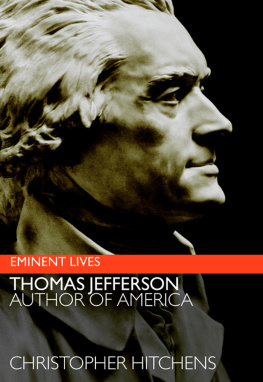
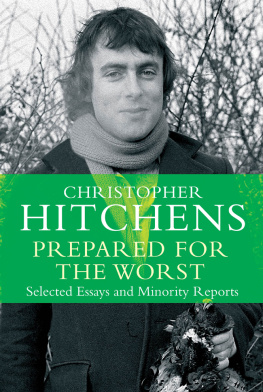


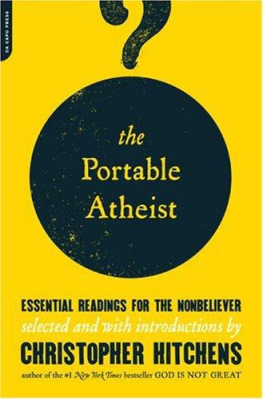

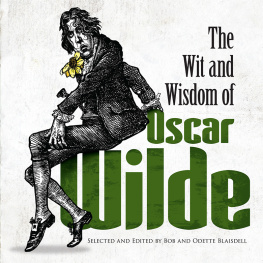
![Wilde Oscar - The secret life of Oscar Wilde: [an intimate biography]](/uploads/posts/book/228457/thumbs/wilde-oscar-the-secret-life-of-oscar-wilde-an.jpg)
